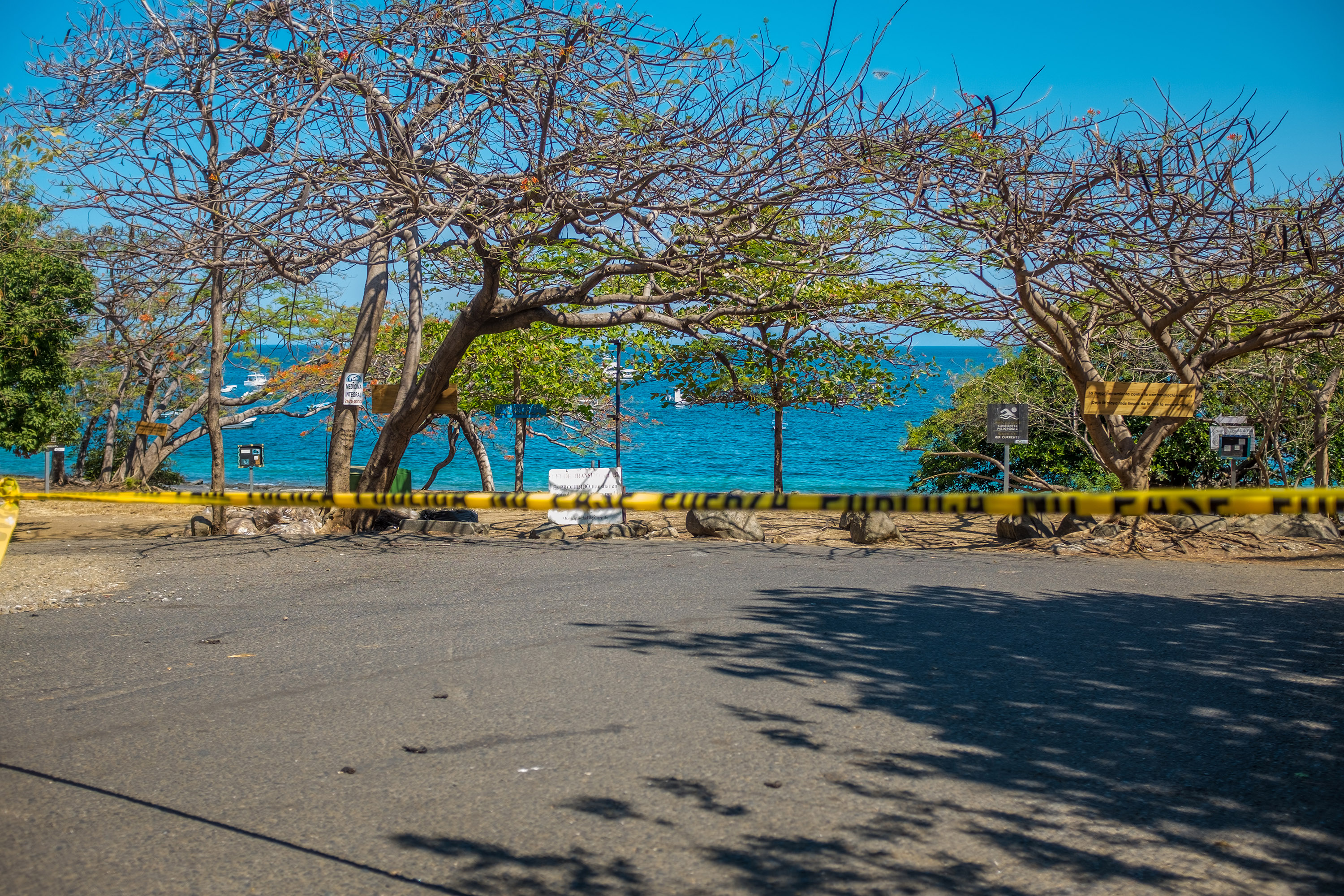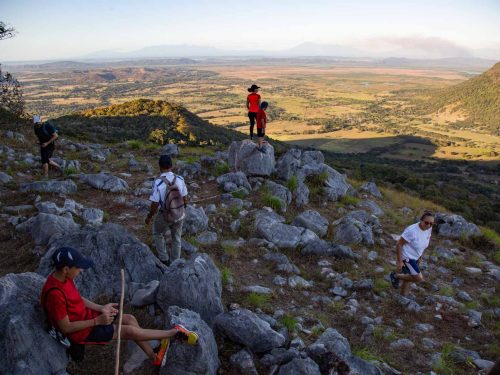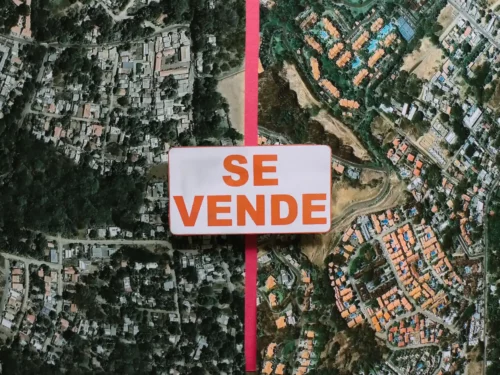
Hoteliers in Guanacaste have appropriated the term “zero season” to describe the current situation of the province: zero customers, zero income and zero profits due to the crisis of COVID-19
The zero season means unemployment and job insecurity in a province that depends directly on tourism. According to the employment survey of the National Institute of Statistics and Censuses (INEC), by the fourth quarter of 2019 the second largest source of employment in Guanacaste was hotels and restaurants, with 23,179 persons employed.
In Guanacaste they have already closed at least 140 hotels, leaving economic losses of $300 million and affecting about 2,000 employees, according to the Guanacaste Tourist Board (Caturgua). However, companies such as The Harmony Hotel, Westin Golf Resort & Spa, Andaz Resort have taken several measures to prevent mass layoffs.
For example, although Harmony suspended operations from March 20, it will pay the full salaries of all its employees (about 80 people on payroll and on temporary contracts) until further notice.
The hotel is also giving online lessons to its employees on personal financial management, so that in case of dismissal, they know how to organize the income they currently receive.
“Our plan is not to fire anyone, but if it happens, let’s hope everyone is ready [to cancel their contracts],” said general manager Estuardo Valle.
The Andaz Resort temporarily terminated the contracts of the majority of employees, but not to the cleaning and maintenance team, according to its general manager, Adam Zilber, in a statement.
For its part, the international company Florida Ice and Farm (Fifco), owner of the Westin Resort and the W Hotel in Playa Conchal, announced that although they have closed operations temporarily, they will continue to employ all their workers for three months.
Not everyone will receive their full salary: only 35% of the staff will have it in full, another 59% will have a 21% reduction in salary and the remaining 6%, corresponding to the highest salaries, will have a 35% reduction.
“Most of the collaborators will go home to stay with their families and only a minimum of staff will be kept (inside the hotels): security, maintenance and cleanliness,” the company’s press department said.
The President of the Guanacaste Tourism Chamber, Hernán Binaghi, said that another strategy that would help hotel companies is to offer their facilities for the care of people quarantined by coronavirus. However, he emphasized, these are plans that every entrepreneur has to value on his own.
“It would be another strategy to help and I see it as a social responsibility on the part of hoteliers, it is what we must do from our position to end this in a faster way,” he reaffirm.
Closures are necessary
The executive director of the Chamber of Hoteliers, Flora Ayub, insisted that although the numbers are “devastating”, any company should not be criticized for its actions, as we are “facing a unique event”.
“This is an economic crisis never seen before that is happening not only to Guanacaste but to the world. So we’re still figuring out how to act or what to do. We’re almost improvising for now, “Ayub said.
The Chief emphasized that tourism companies must comply with the orders of the Ministry of Health and the Costa Rican Social Security System (CCSS). “If we have to close [because of the ban on beaches and parks], we have to do it,” he said.
Binaghi agreed. The hotelier explained that the more they follow the orders of the government, the faster they will leave the season zero.
“If we don’t focus and continue crying about what is going to be lost, [tourism companies] we will become totally unsustainable, bankrupt,” he emphasized.
The manager of the Harmony Hotel, Estuardo Valle, thinks the same.
“We don’t want to be part of the problem, we want to be part of the solution. We’d rather not make a profit right now than be forced to close forever just because we couldn’t take orders, “he said.
The Costa Rican Tourism Institute (ICT) estimates that hotels in Guanacaste will not receive money possibly until June or July this year.
Awaiting solutions
Among the options to mitigate the crisis, the Executive issued a directive for tourism companies to renegotiate the terms of their loans. The Legislative Assembly also passed a law aimed at reducing working hours in order to avoid redundancies in the most affected sectors, such as tourism.
ICT also announced that it made available to Pymes registered as such at the Ministry of Economy (MEIC), 10 billion from the People’s Bank’s Micro-Small and Medium Enterprise Development Fund. The money will cover the costs of payroll, utilities, vendor payables and inventory.
The fund would be a loan with a term of up to 240 months subject to the passive base rate. To apply, any entrepreneur must write to the email: [email protected].
In addition, Binaghi and Ayub reiterate that their chambers are working with the government to look for other options to “cushion” economic losses and layoffs.
“The beaches and parks are closed, people are unemployed, foreigners cannot enter. It would not be responsible [to reopen hotels] right now, “Binaghi said.
Ayub emphasized that it is still “too early [to] say how to innovate”. The leader suggested using these three months to evaluate the situation and until then suggest more actions.
“We will have to understand that this is very evolving situation, that we cannot have solutions. We will have to fight for all possible moratoriums and act later, ” she said.








Comments